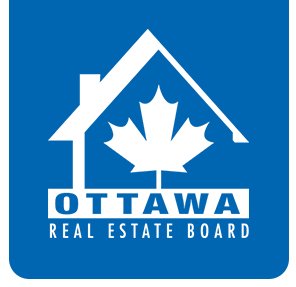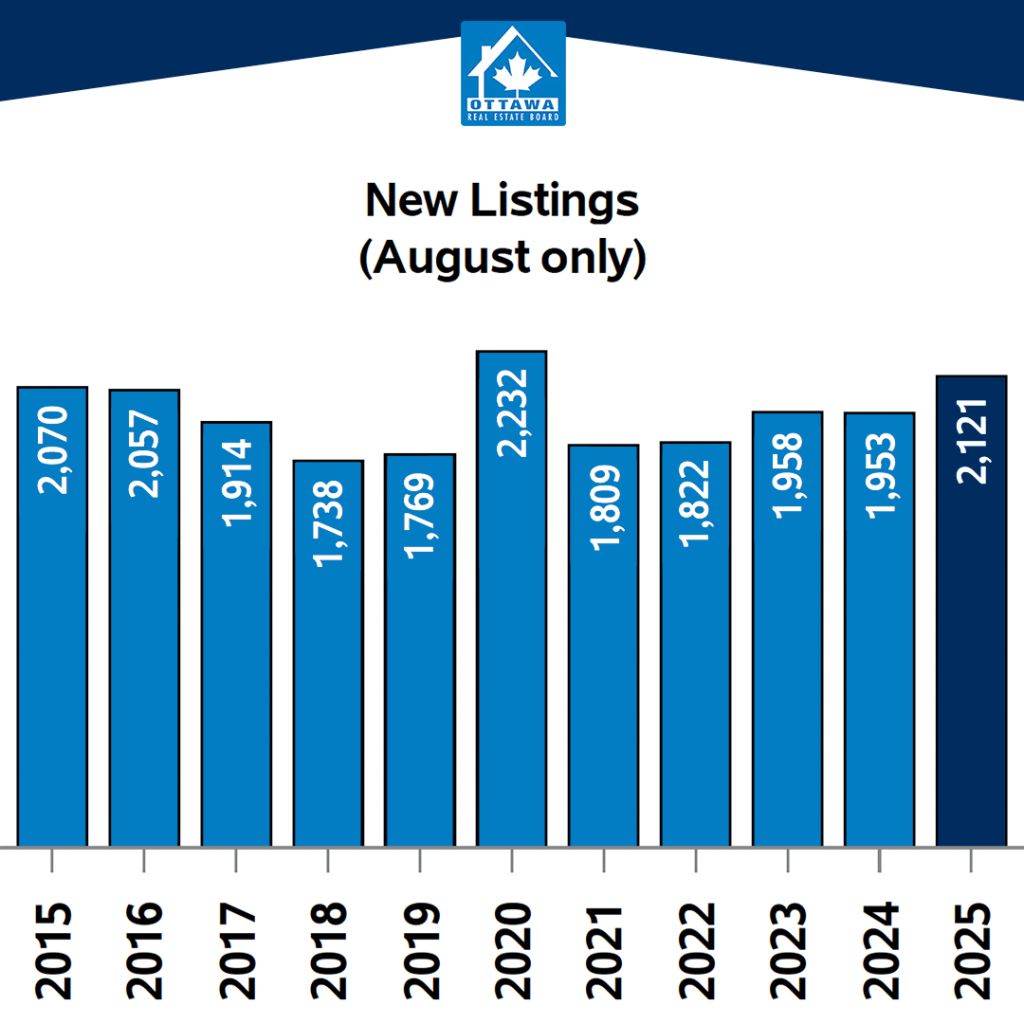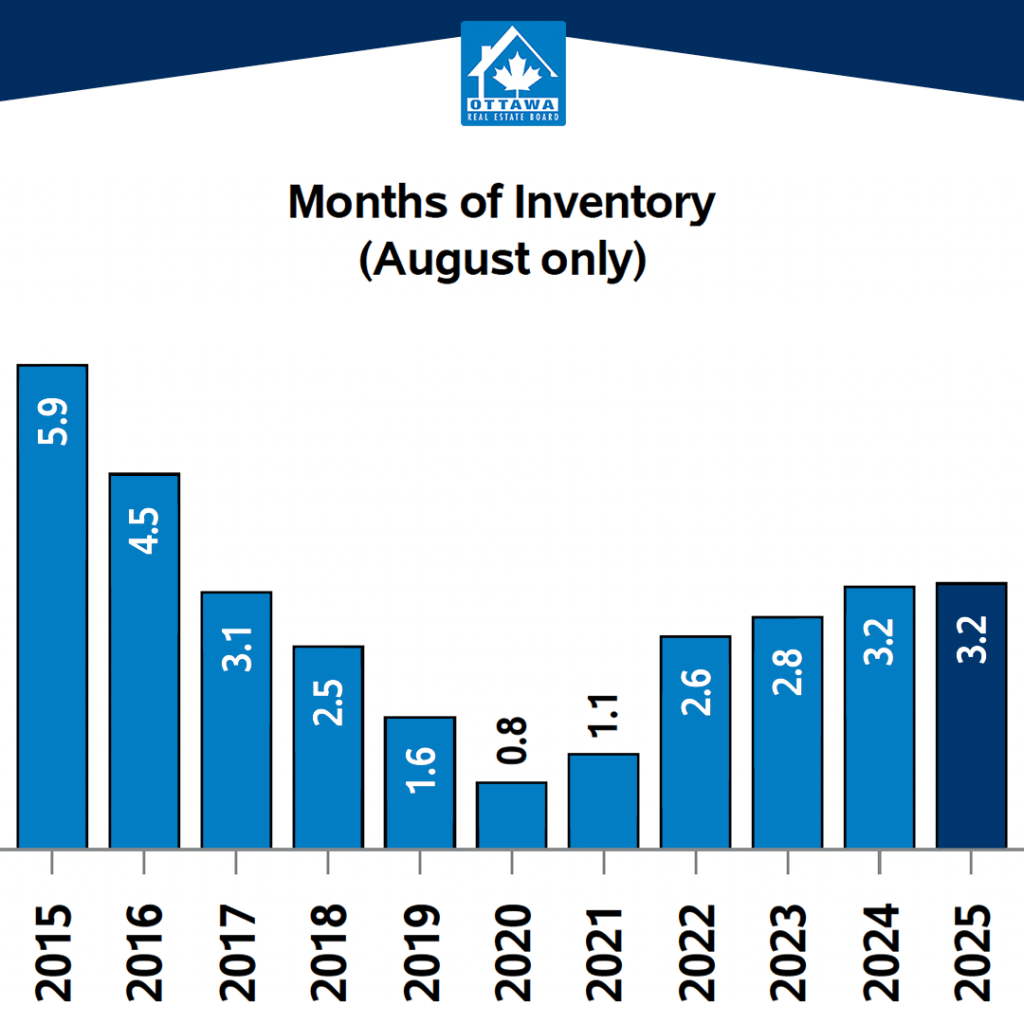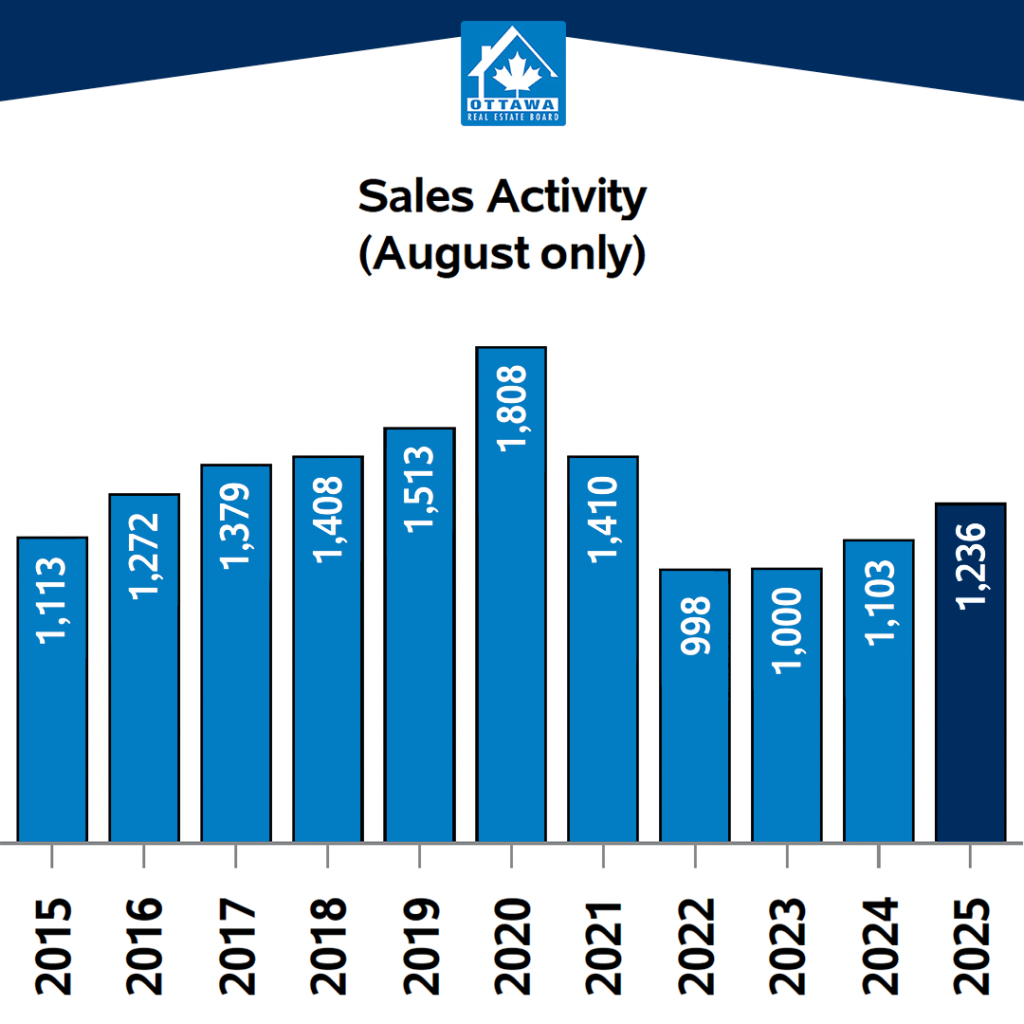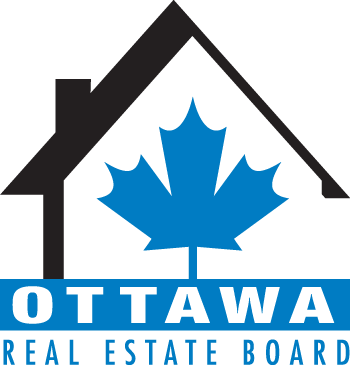OTTAWA, ON – The Ottawa Real Estate Board (OREB) commends the City of Ottawa for the Housing Innovation Task Force Report and the Housing Acceleration Plan that squarely targets the core municipal levers needed to get more homes built. With 53 actions organized across five objectives—simplifying the regulatory environment and expediting the approvals process, evolving City culture to be housing development friendly, introducing more flexibility in fees and charges, consolidating and strengthening capacity for affordable housing development, unlocking urban intensification and transit-oriented development—the plan aims to accelerate all forms of housing, with particular emphasis on affordable and urban options.
It recognizes that success requires strong partnerships with federal and provincial governments and an industry ready to respond. This direction closely aligns with what OREB has advocated publicly. We have urged governments to reduce bureaucratic barriers, streamline development approvals, and invest in enabling infrastructure. All measures we believe are critical to restoring supply and affordability in Ottawa. The Housing Acceleration Plan’s commitment to simplifying the regulatory environment and expediting approvals reflects those priorities.
OREB has also called for flexibility in the cost structure of building homes. The plan answers that call by taking several actions to reduce fees and review the development charge structure. It is imperative that we lower total developmental costs or tax burdens that impede construction so viable projects can proceed at the pace Ottawa needs.
On growth and gentle density, OREB has pressed for policies that end exclusionary zoning and enable as-of-right, context-sensitive intensification, particularly near high-quality transit. Key elements of our recommendations are addressed in the final draft of the new zoning by-law. Likewise, the plan’s objective to unlock urban intensification and transit-oriented development moves in that same direction and responds to our proposal to remove barriers to smart, sustainable infill.
OREB further supports the plan’s focus on consolidating and strengthening affordable housing capacity, which complements our advocacy to expand supply across the continuum so more families, first-time home buyers, renters, newcomers, and businesses alike can access homes and commercial spaces in our city.
A well-structured plan provides direction, but without collaboration it risks falling short. The true determinant of success lies in how effectively people work together. OREB reiterates the need for all orders of government to coordinate policy and funding, so the plan’s actions translate into shovels in the ground and keys in doors.
We will continue working with federal and provincial partners on complementary priorities outside municipal control. Specifically, federal programs that seek to double housing construction and restore affordability, skilled trades training that builds the workforce needed for housing delivery, and Landlord and Tenant Board (LTB) reforms to clear rental backlogs so the City’s efforts are matched by system-wide capacity.
OREB stands ready to partner with the City on advancing housing solutions, bringing together market intelligence, on-the-ground experience, policy insights, community engagement, industry networks, and implementation expertise to ensure this plan successfully translates policy into new, attainable homes for Ottawa and area residents more quickly.
For media inquiries, please contact:
Dave Holmes, Manager, Marketing and Communications
613-225-2240 ext. 232 | dave@oreb.ca

